More people are becoming familiarized with the power of psychedelics, and how they might be utilized for therapeutic and healing purposes that go well beyond any FDA-approved drug on the market today.
Of course, plenty of research still begs to be explored on the subject, but several accomplished and credible women in the field have already made amazing discoveries about psychedelics and how they may just have a transformative effect on people all over the planet.
11 Notable Female Contributors in the Psychedelics World
Anyone familiar with the cannabis industry is well aware that while the plant benefits people of all ages, genders, and backgrounds, it has a particularly healing effect on women’s bodies – and psychedelics are no different.
Women all over the world have been utilizing these transformative substances for centuries to aid with reproductive health, menstrual pain, trauma release, and overall wellness.
As a result, many women have dedicated their experiences and expertise to the psychedelics research community, hoping to further the advancement of psychedelic therapy and bring the world to a place of acceptance and understanding.
This list highlights 11 of some of the most notable women in the psychedelics world, and how their contributions have a positive effect on how the industry is perceived.
1. Ann Shulgin
At 90 years old, American author Ann Shulgin is known as the “Matriarch of the Psychedelic Movement.”
Shulgin provided patients with psychedelic-centric therapy in the mid-1980s and ’90s, using a combination of Jungian therapy techniques and reflective doses of MDMA.
Shulgin worked alongside her late husband, well-known chemist Alexander “Sasha” Shulgin, penning two books together detailing their experiences with psychedelics: PIHKAL: A Chemical Love Story and TIHKAL: The Continuation.
The cult classics have generated countless discussion groups over the years, which the Shulgins led together for decades. Sasha passed away in 2014, but Shulgin continues to write and give talks on both of their behalf.
2. Natalie Lyla Ginsberg, M.S.W.
Natalie Lyla Ginsberg, M.S.W., is the Global Impact Officer at the Multidisciplinary Association for Psychedelic Studies (MAPS), an organization lobbying for psychedelic research and national drug policy changes.
Ginsberg is dedicated to spreading the word about psychedelic research and development, pushing the need for reformed drug policy to the forefront of social change.
The psychedelic advocate began her career as a social worker in low-income New York City neighborhoods, where she witnessed the systemic failures fueled by the War on Drugs holding people back all over the nation.
Before she joined MAPS, Ginsberg worked with the Drug Policy Alliance to tirelessly advocate for medical cannabis before it was legalized in New York state.
Today, she aims to push forward psychedelics in a similar manner, sharing her own experiences with the substances and the powerful effects they can have on people in need.
3. Amanda Feilding
Amanda Feilding is the English Countess of Wemyss and March – and she’s also known as the “hidden hand” behind the renaissance of psychedelic science in Europe.
Feilding began experimenting with LSD in the mid-1960s, during the first wave of scientific research into the psychedelic movement. She was amazed by its potential and quickly recognized the therapeutic properties of psychedelic treatment.
She began researching psychedelics as a form of transformative practice, founding the Beckley Foundation in 1998.
Since then, the Beckley Foundation has become a defining voice in the psychedelics space, championing global drug policy reform and more scientific research.
In general, Feilding aims to share her experiences with the hopes that society will further our understanding of the human consciousness, and how psychedelics can really help us do so.
4. Akua Ofoshene
Akua Ofosuhene is the co-founder of Hub and Culture, an African and Caribbean cooperative organization of makers, designers, artists, and curators in the cannabis and psychedelics space.
Ofosuhene believes psychedelics help us be intentional, specifically in regards to the racist divides that have plagued our communities and ourselves around the globe for centuries.
The designer first became passionate about psychedelic therapy five years ago, when her son was caught dealing drugs.
Ofosuhene said the subsequent guilt and shame plagued her with depression, high blood pressure, and a cancer scare, which made her realize she needed to make a change.
She turned to African spirituality and the psychedelic world, which allowed her to rid her mind of depression and get her son out of the drug dealing world for good.
Today, Ofosuhene shares her experiences, meeting with other parents dealing with the effects of gang grooming to help keep their children safe and protected.
She also explores some key issues within the psychedelics space, like the need for diverse perspectives and cautioning the industry of what to expect for inevitable corporatization.
5. Natalia Martinez
Natalia Martinez is one of the stars of Little Saints: Eat a Mushroom Talk to God, a documentary that follows six men and women from the U.S. as they experience an ancient psychological ritual involving the ingestion of psilocybin in Mexico.
Martinez is a Mazatec shaman – a.k.a., a person regarded as having access to and influence in the spiritual world.
Martinez regularly administers energetic cleanses, utilizing the power of psychedelics to help patients examine inward and find answers to their issues within themselves.
The shaman combines Catholic influence with spirituality as participants consume large amounts of psilocybin. Martinez then uses a combination of talk therapy, visualization, and prayer to help everyone soothe their ailments, whether they be physical, mental, or some combination.
6. Rosalind Watts, Ph.D.
Dr. Rosalind Watts is the founder of the ACER Psychedelic Integration Model, breaking down a consumer’s successful journey with the following four steps: Accept, Connect, Embody, and Restore.
Dr. Watts served as the clinical lead of groundbreaking research done on psilocybin for depression at Imperial College London, where she was a firsthand witness to how successful psilocybin treatment can be.
Since then, she’s written several scientific papers on the topic, highlighting the psychological benefits of psychedelic experiences and the effects of post-trip life changes.
Her development of the ACER model takes her findings a step further, allowing consumers to really make sense of their psychedelic experiences and fully benefit from the therapeutic efforts.
7. Clara Burtenshaw
Clara Burtenshaw is one of the most groundbreaking influences in today’s psychedelics space. She is a partner at Neo Kuma Ventures, Europe’s first and largest psychedelics-focused venture capital fund.
The organization is at the forefront of empowering the use of psychedelic therapies for mental illnesses, investing in those doing the research to bring these discoveries to light.
Burtenshaw brings her finance and investment expertise to the psychedelics industry, encouraging Neo Kuma Ventures to invest in market disruptors who are really dedicated to making a positive global change.
As the world inches towards a powerful and transformative reform in how we perceive the drugs we’ve been conditioned to look down on, the need for funds will be inevitable, and Neo Kuman Ventures is remaining a step ahead.
8. Camille Barton
Camille Barton is an interdisciplinary artist, educator, and researcher, examining systemic change through the creative lens of Afrofuturism.
An experienced diversity and social justice consultant, Barton has married their areas of expertise by bringing aspects of diversity and equity to psychedelics, where they are a fierce advocate for drug policy reform.
Barton has written exploratory articles and research essays for MAPS, where they currently serve as an advisory board member to ensure psychedelic therapy will be accessible to marginalized communities once it becomes regulated.
Their work centers around the African Diaspora and the creativity that has been born from it, exploring developments in art and spirituality with sexism and racism in mind.
9. Bia Labate, Ph.D.
Based in San Francisco and hailing from Brazil, Dr. Bia Labate is a queer anthropologist who specializes in plant medicine, drug policy, ritualism, shamanism, and religion.
Dr. Labate currently serves as Executive Director of the Chacruna Institute for Psychedelic Plant Medicines, Public Education and Culture Specialist at MAPS, and an adjunct faculty member at the East West Psychology Program at the California Institute of Integral Studies (CIIS)
She has also authored, co-authored, and edited 21 books, two special edition journals, and countless peer-reviewed articles on the topic of psychedelic therapy and drug reform.
Dr. Labate is particularly interested in finding more diverse voices in the psychedelic community: specifically queer people, women and nonbinary folks, and BIPOC operators in the space.
10. Belinda Eriacho
Belinda Eriacho is the founder of Kaalogii LLC, an organization dedicated to sharing Native American traditional and cultural teachings on a wide variety of topics.
An Indigenous woman of Dine’ (Navajo) and Zuni lineage, Eriacho was born and raised on the Dine’ reservation in Window Rock, Arizona.
She holds advanced degrees in Health Sciences, Public & Occupational Health, and Technology. She is also certified in Integrated Energy Therapy and has experience in MAPS’ MDMA Therapy training program.
Considered the “wisdom carrier” of Kaalogii (the Navajo word for “butterfly”), Eriacho aims to empower others to utilize psychedelics for introspection and profound transformation.
She also regularly speaks to global audiences, spreading the word on various topics that impact Native American communities and how they exist in the U.S.
11. Monnica Williams, Ph.D.
Dr. Monnica Williams is a board-certified, licensed clinical psychologist who specializes in cognitive-behavioral therapies, including psychedelics.
Her goal is to expand psychedelic-assisted therapeutic practices to minorities and People of Color, ensuring they aren’t shut out of the industry once it goes legal.
Dr. Williams has worked with MAPS on PTSD trials, specifically with the organization’s online site exclusively available to POC.
Her educational background emphasized marginalized communities and race-based trauma, which allows Dr. Williams to examine the psychedelic world through a truly inclusive lens.
She is the Associate Director at the Chacruna Institute for Psychedelic Plant Medicines, working alongside Dr. Labate to advance the community.
Dr. Williams also serves as the Clinical Director of the Behavioral Wellness Clinic in Connecticut, where she provides consultation and treatment to patients all over the nation.
She also specializes in OCD and sexual obsessions, regularly conducting research on frequently misdiagnosed symptoms and sexual crises in LGBTQ individuals, of which she is considered one of the world’s leading experts.
Need a little more Bluntness in your life? Sign Up for our newsletter to stay in the loop.









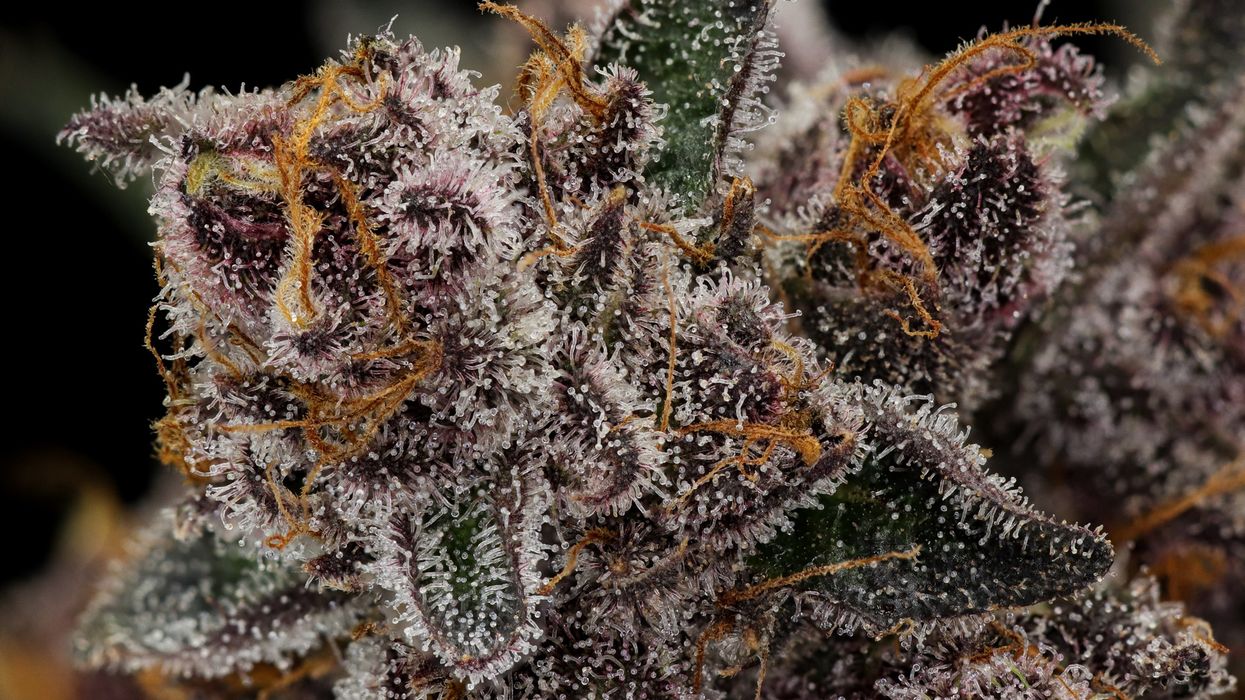




 How to Store Magic Mushrooms
How to Store Magic Mushrooms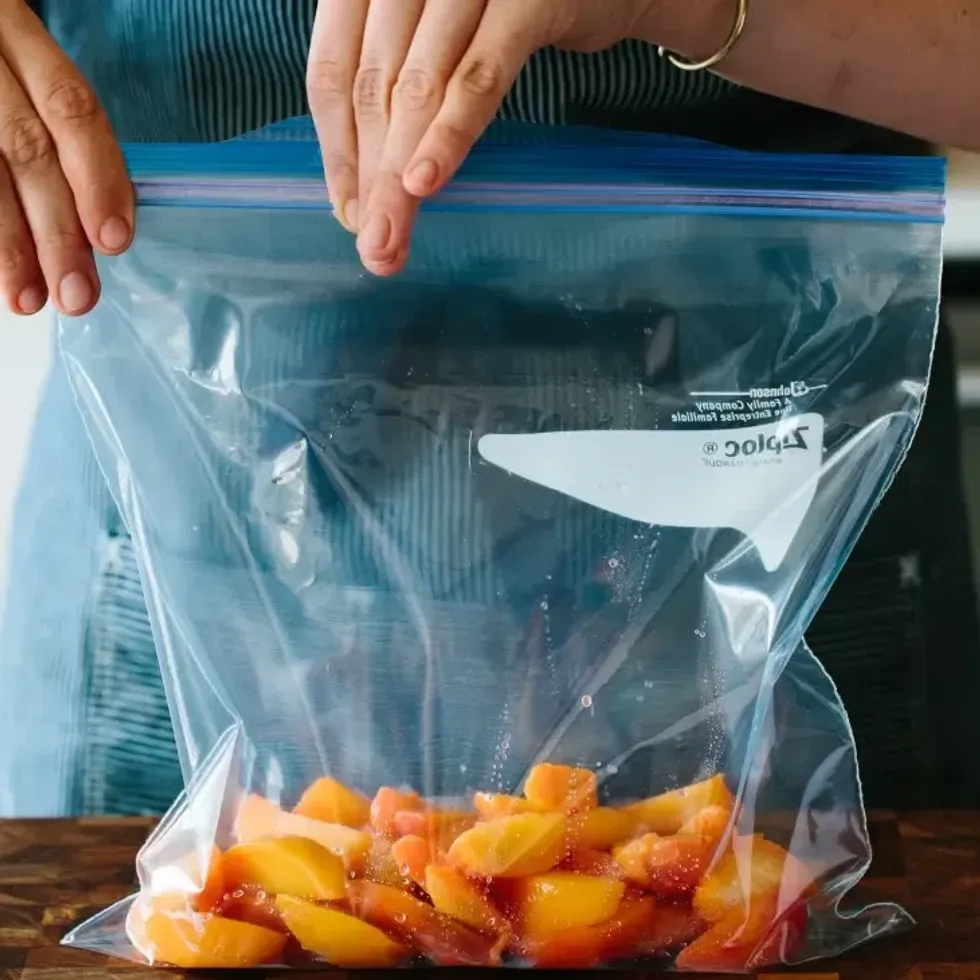 How to Store Magic Mushrooms
How to Store Magic Mushrooms How to Store Magic Mushrooms
How to Store Magic Mushrooms How to Store Magic Mushrooms
How to Store Magic Mushrooms How to Store Magic Mushrooms
How to Store Magic Mushrooms
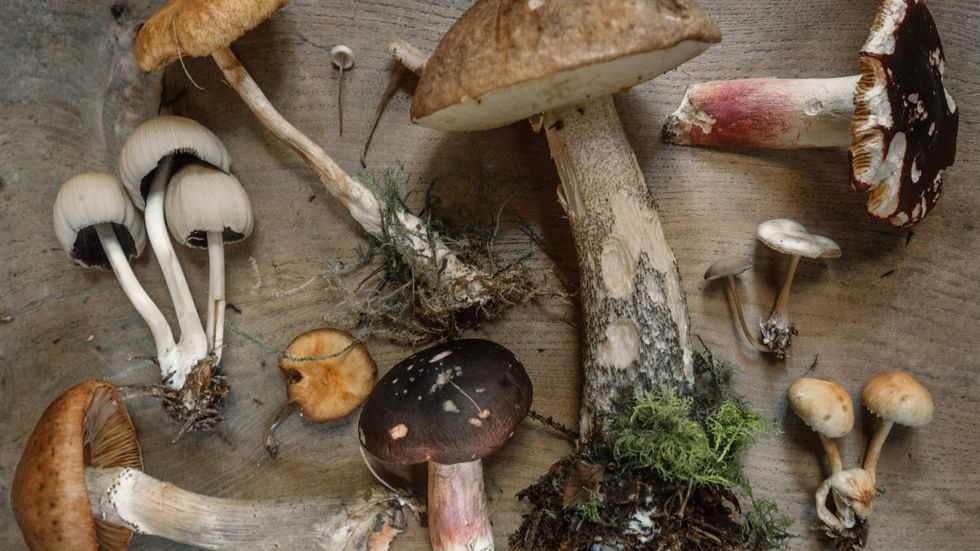 How Long Do Shrooms Last? Magic Mushroom Guide for Beginners - The Bluntness
How Long Do Shrooms Last? Magic Mushroom Guide for Beginners - The Bluntness Psilocybin can provide a life-altering experience. -The Bluntness
null
Psilocybin can provide a life-altering experience. -The Bluntness
null
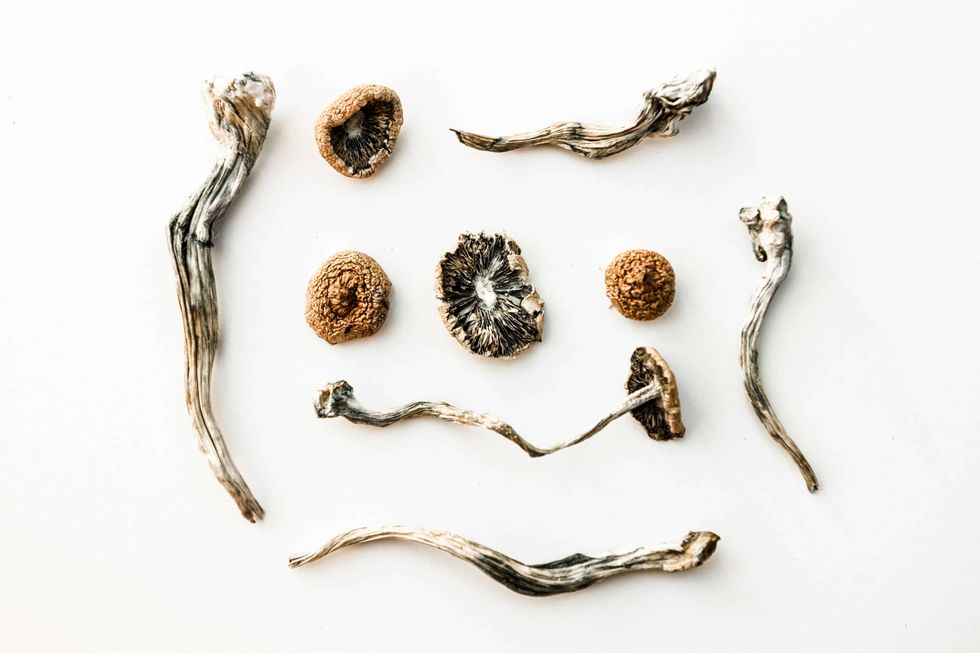 “Don’t diddle the dose. Once you have done your homework, go for it.” -- Terence McKenna
The Bluntness
“Don’t diddle the dose. Once you have done your homework, go for it.” -- Terence McKenna
The Bluntness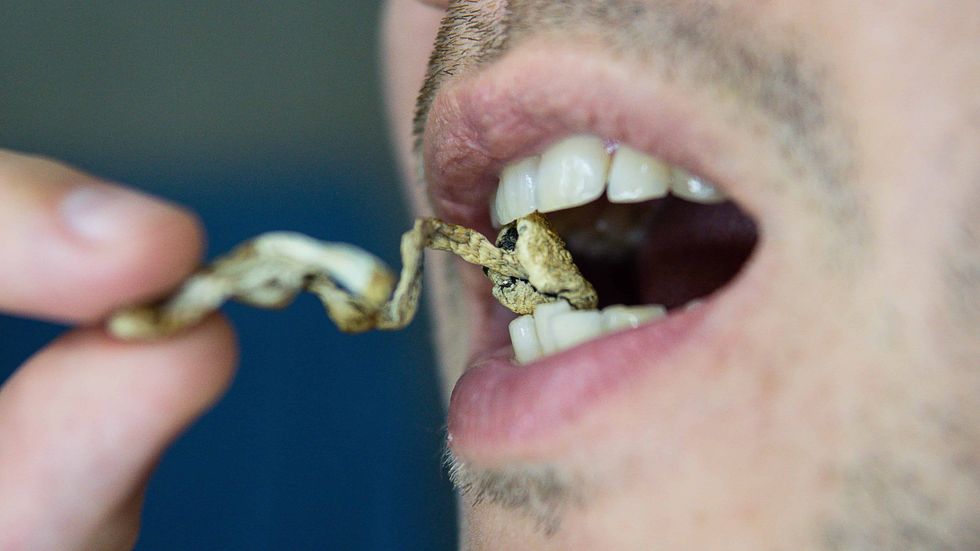 These mushrooms taste gross, but there are ways around that.The Bluntness
These mushrooms taste gross, but there are ways around that.The Bluntness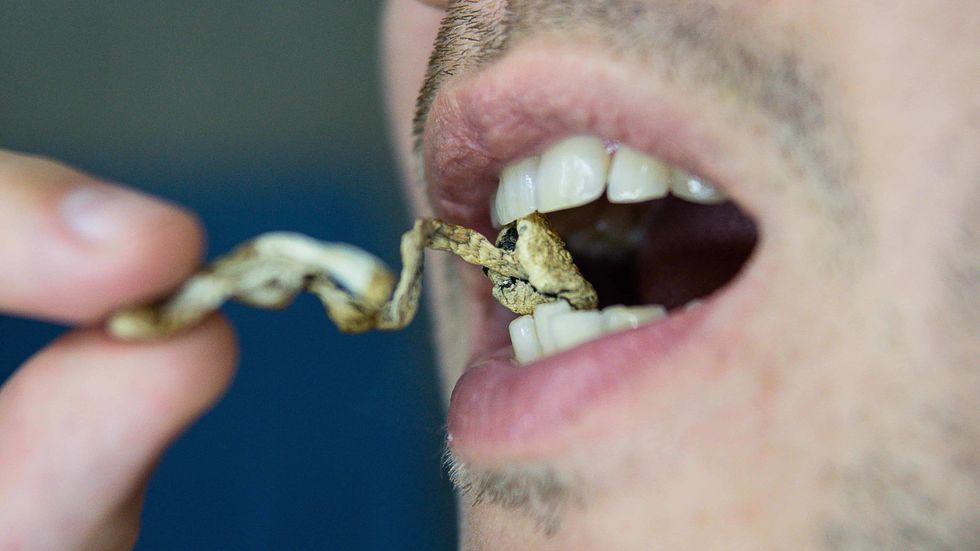 These mushrooms taste gross, but there are ways around that.
These mushrooms taste gross, but there are ways around that.
 How to Make Mushroom Tea - The Bluntness
null
How to Make Mushroom Tea - The Bluntness
null
 How to Make Mushroom Tea - The Bluntness
www.pickpik.com
How to Make Mushroom Tea - The Bluntness
www.pickpik.com
